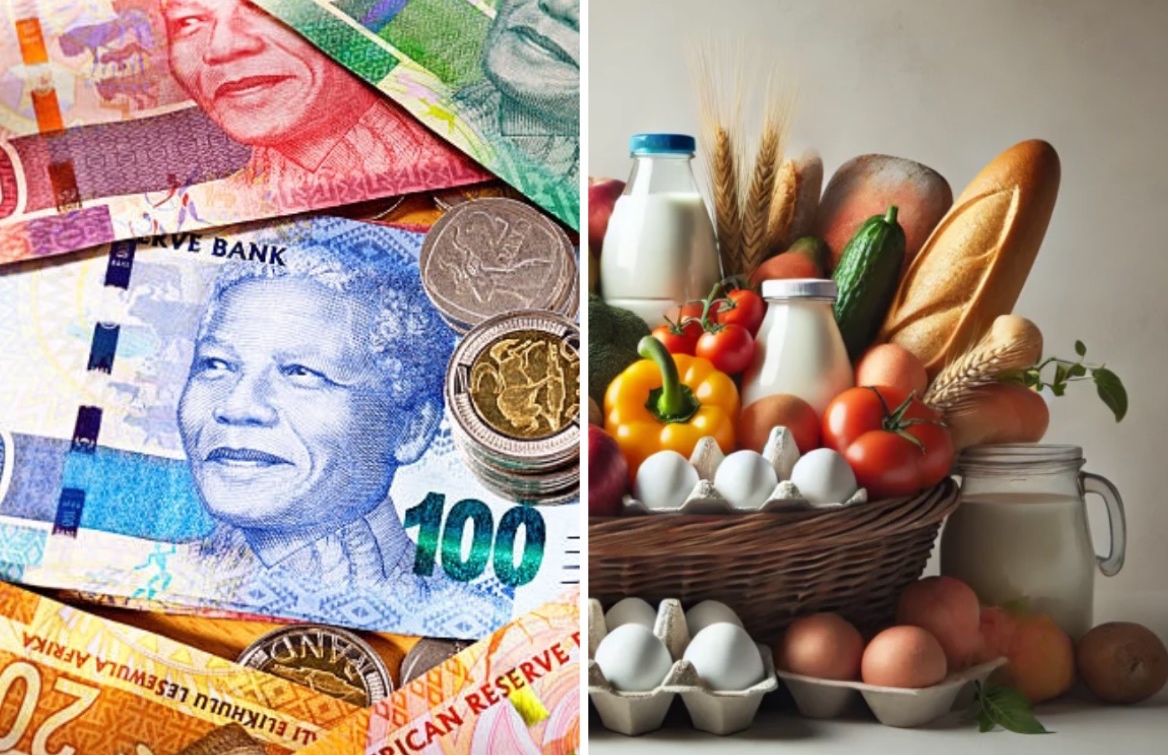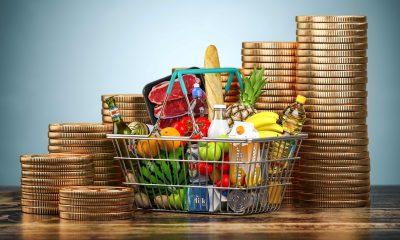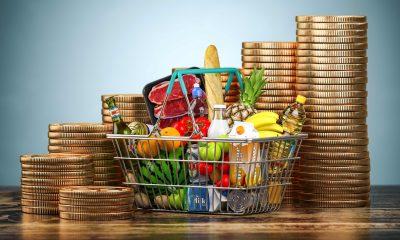411
South Africa Records Lowest Food Inflation in 14 Years

South African households can finally breathe a sigh of relief as food inflation dropped to its lowest level in 14 years, according to Statistics South Africa (Stats SA).
In November 2024, the annual inflation rate for food and non-alcoholic beverages (NAB) slowed to 2.3%, a sharp decline from 3.6% in October. This marks the lowest rate since December 2010, when food inflation stood at 1.6%.
Key Drivers of the Decline
The drop in food inflation was driven by decreases in eight out of 11 food categories, with notable reductions in prices for:
- Vegetables
- Milk, eggs, and cheese
- Bread and cereals
- Hot beverages
- Meat
Stats SA highlighted significant trends:
- Egg prices, which soared by 39.9% in 2023, entered deflationary territory at -3.7% in November 2024.
- Prices for staples like brown bread, white bread, maize meal, pasta, and rice saw lower inflation rates.
- Milk, eggs, and cheese inflation dropped to its lowest level in five-and-a-half years.
However, fruit and oils & fats experienced steeper price increases, while inflation for fish remained flat.
While food prices eased, South Africa’s overall inflation edged up slightly to 2.9% in November, from 2.8% in October. Other notable price movements included:
- Fuel prices, which rose 0.9% month-on-month, bringing the annual rate to -13.6% from -19.1% in October.
- Restaurants and hotels, where inflation rose by 5.9% year-on-year, though down from a high of 7.5% in June 2024.
Inflation affects socio-economic groups differently, with the poorest households often bearing the brunt. Stats SA reported:
- The poorest households faced the highest inflation rate of 3.8% in November, though significantly reduced from its peak of 11.3% in April 2023.
- Wealthier households experienced a lower annual increase of 3.0% in November.
Provincial inflation rates also varied, with the Western Cape recording the highest inflation at 3.4%, followed by:
- Free State: 3.2%
- KwaZulu-Natal: 3.1%
Meanwhile, Limpopo and Mpumalanga saw the lowest rates at 2.4% and 2.5%, respectively.
The drop in food inflation to a 14-year low offers some financial relief to South African households, especially amid broader economic challenges. With essentials like bread, cereals, and dairy products becoming more affordable, this marks a significant step in easing the cost of living for many.
Follow Joburg ETC on Facebook, Twitter , TikTok and Instagram
For more News in Johannesburg, visit joburgetc.com



















